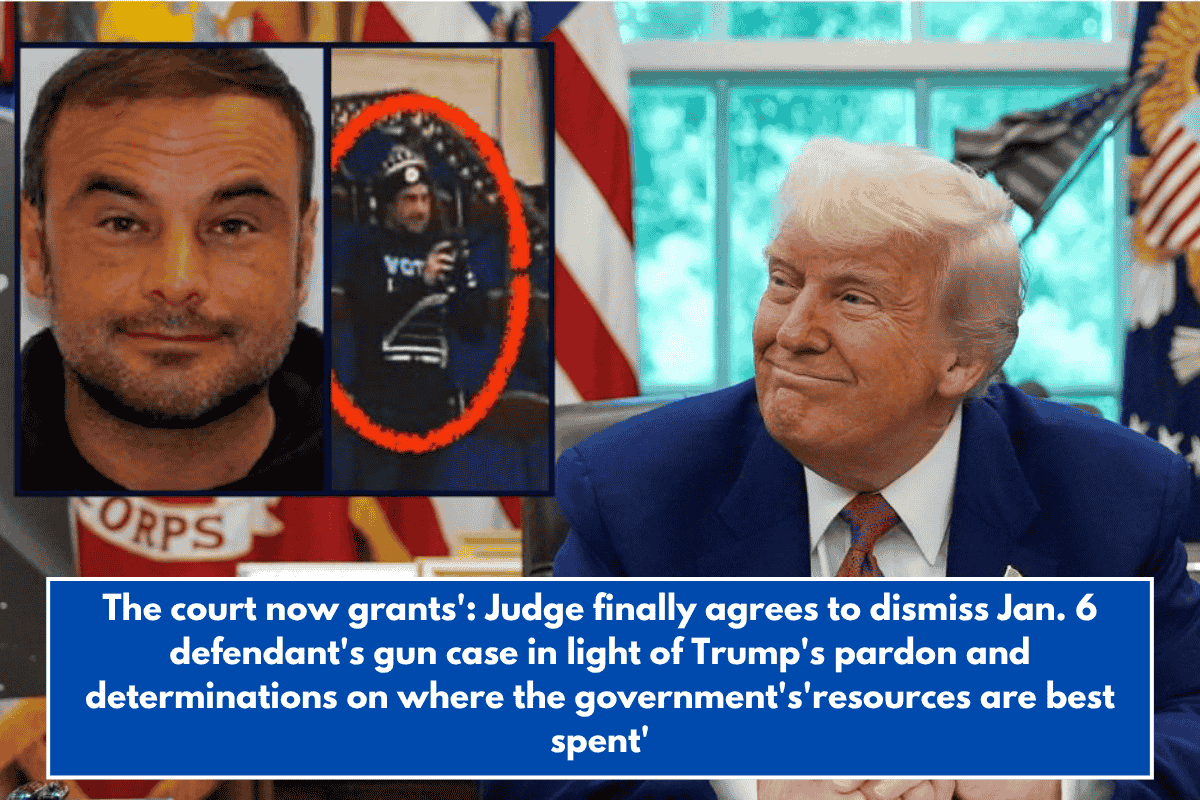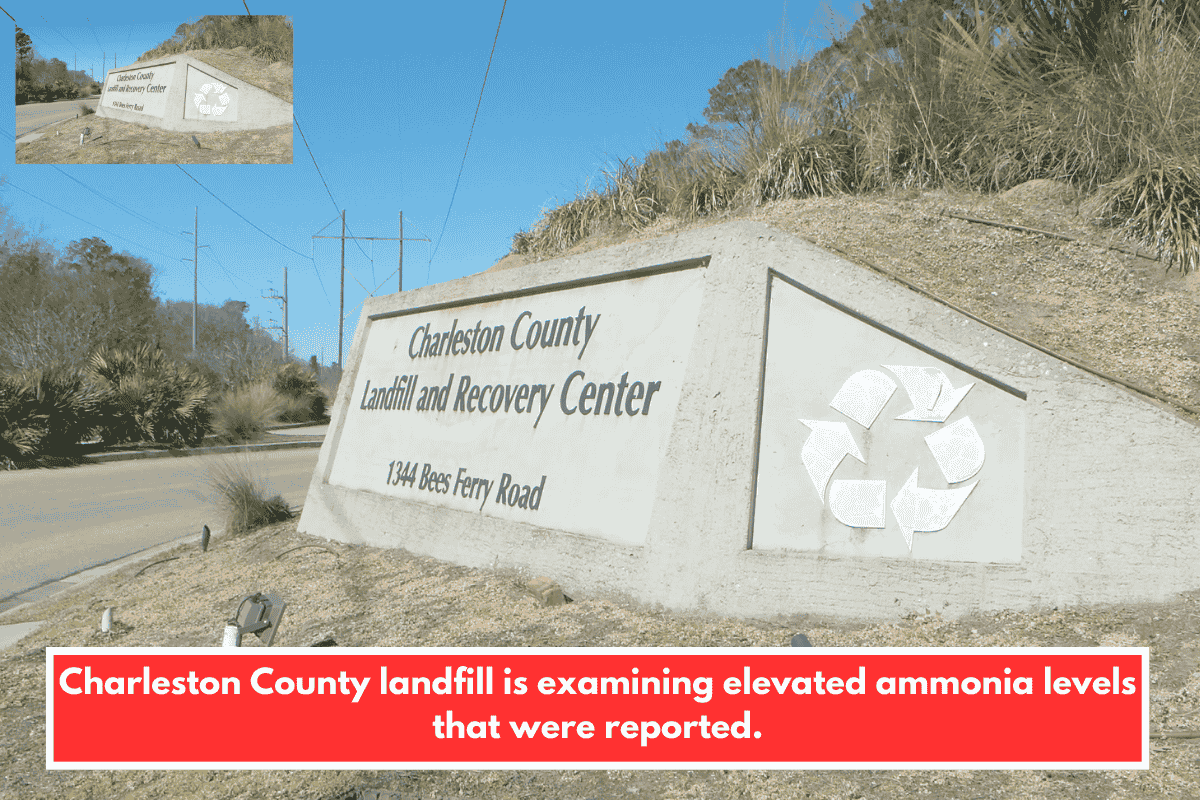In a move that applies the mass pardon issued by former President Donald Trump to a gun crime charge related to the January 6 Capitol riot, U.S. District Judge James Kelleher Bredar has decided to dismiss the case against Elias Costianes, a man who was convicted of firearms possession. The decision follows an extended and complex legal process, which included multiple procedural setbacks and significant debate over the pardon’s application.
Background of the Case
Costianes, 31, was initially charged in February 2021 after federal agents executed warrants in connection with their investigation into the January 6 riot. Alongside the firearms charges, Costianes was also accused of participating in the pro-Trump mob at the Capitol and filming himself inside the building. In September 2023, Costianes pleaded guilty to one count of possession of firearms and ammunition by an unlawful user of controlled substances, and he was sentenced to two years in prison, followed by two years of supervised release.
In February 2024, after reporting to prison, Costianes filed an appeal seeking to have his sentence overturned or stayed, based on the blanket pardon issued by Trump on January 20, 2024, which pardoned all January 6 defendants.
The Legal Battle
The case quickly became procedurally complicated. Initially, Costianes’ appeal was abandoned, and the parties involved filed various motions and responses to the appellate courts, including a motion to vacate his sentence. Judge Bredar repeatedly denied motions at the district court level, including requests for release and stays of the sentence.
In early April 2024, the 4th Circuit Court of Appeals instructed Judge Bredar to decide the issue of the pardon. After a series of back-and-forth filings, including an accusation of bad faith by the Department of Justice (DOJ), the government finally presented a new argument based on resources.
The DOJ argued that it no longer found it justifiable to pursue charges related to crimes that would not have been discovered without the investigation into the January 6 events. The government’s Rule 48 motion, which sought to dismiss the case, emphasized that resources were better allocated elsewhere.
Judge Bredar’s Ruling
In the face of these arguments, Judge Bredar ultimately agreed that the government’s motion was not made in bad faith and granted the Rule 48 motion, thereby dismissing the case. However, the judge stayed his ruling for 45 days, acknowledging that the 4th Circuit still had jurisdiction over the pending appeal. The judge explained that granting immediate effect to the motion would moot the appeal, making the stay necessary.
The Impact of Trump’s Pardon
While the legal outcome in Costianes’ case may seem straightforward, it raises broader questions about the scope and application of Trump’s mass pardon. The pardon, issued to all January 6 defendants, effectively shielded many from the legal consequences of their actions during the Capitol riots. However, the application of the pardon to other, related charges, such as Costianes’ firearms possession case, is still being contested in court, reflecting the complications involved in interpreting and applying a blanket pardon.
In the end, Elias Costianes may see his firearms charge dismissed due to the January 6 pardon, but the process was anything but simple. Judge Bredar’s decision, while granting the motion, acknowledges the ongoing appeal process and the procedural complexities involved. As the case continues to unfold, its outcome could have implications for other January 6 defendants and their legal battles.














